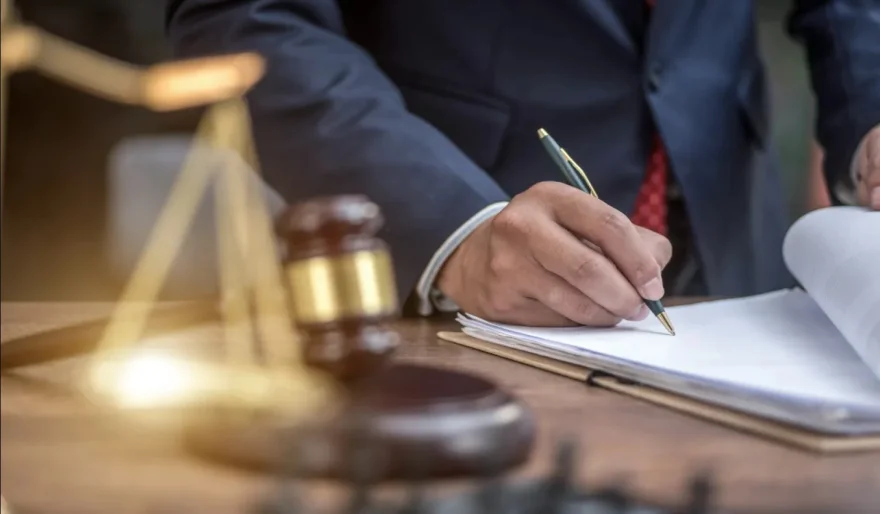Stay Ahead of the Curve
Latest AI news, expert analysis, bold opinions, and key trends — delivered to your inbox.
What the US’ first major AI copyright ruling might mean for IP law
3 min read A U.S. federal judge has ruled that AI company Ross Intelligence infringed on Thomson Reuters’ copyright by using Westlaw’s legal summaries to train its AI. This landmark decision could impact ongoing AI copyright lawsuits and set new legal precedents for AI-generated content. February 18, 2025 10:52
Key Highlights
✅ Ross Used Copyrighted Legal Summaries – The court found Ross' AI directly replicated Westlaw’s headnotes, violating IP laws.
✅ Transformative Use Argument Rejected – The judge ruled that Ross did not sufficiently recontextualize the material for fair use.
✅ Commercial Intent Was Key – Ross’ attempt to profit from competing with Westlaw weakened its legal defense.
✅ Potential Impact on AI Industry – The ruling could strengthen copyright claims in 39+ AI-related lawsuits across the U.S.
Why It Matters
📜 AI Copyright Laws Under Scrutiny – This case could set a precedent for how AI training data is legally handled.
⚖️ Fair Use Debate Intensifies – Courts may tighten restrictions on AI companies using copyrighted materials.
💰 Legal Risks for AI Startups – AI firms relying on third-party data may face greater scrutiny and legal challenges.
Reactions So Far
🔹 Positive Reactions
✅ Stronger Copyright Protection – Content creators and legal experts support the ruling, calling it a win for IP rights.
✅ Clearer AI Regulations – The case provides guidance on what constitutes copyright infringement in AI training.
🔸 Negative Reactions & Concerns
❌ Stifling AI Innovation? – Some argue strict copyright rulings could hinder AI model development.
❌ Legal Uncertainty for AI Companies – AI firms fear more lawsuits and stricter limitations on data use.
With 39+ AI copyright lawsuits pending, this ruling could reshape AI’s legal landscape. Will courts continue to side with copyright holders, or will AI companies push for new legal frameworks?



















 AI Agents
AI Agents